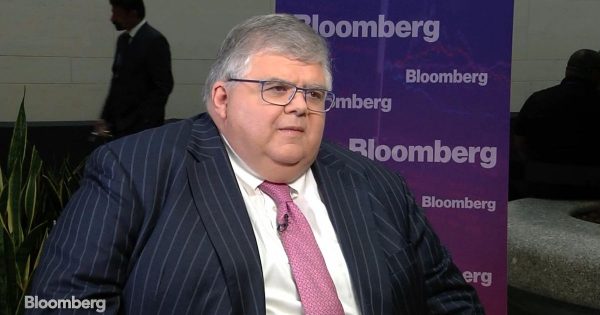By Ryan Browne | CNBC
LONDON — Cryptocurrencies are used to evade laws and should face more regulation, according to the general manager of the Bank for International Settlements (BIS).
Many digital coins are “used to do some arbitrage, or to circumvent some regulations,” Agustin Carstens told CNBC’s Joumanna Bercetche in an interview aired Wednesday.
He added that laws against money laundering and the financing of terrorism were “absent in many applications of some cyber currencies.”
Bitcoin and other virtual currencies have seen huge gains over the last year, as investors looked to diversify their holdings in the coronavirus pandemic. Bitcoin bulls view the token as a sort of “digital gold,” claiming it can act as an inflation hedge in times of economic crisis and massive stimulus.
However, cryptocurrencies have also gained a reputation for their involvement in illegal activities. They are pseudonymous, making it harder to track down who is making transactions. Earlier this year, U.S. Treasury Secretary Janet Yellen said the government would need to “curtail” the use of crypto for criminal transactions.
Bitcoin is up more than 80% since the start of the year, though it’s down about 12% from a record high above $61,000 earlier this month. Ether, another digital coin, has more than doubled year-to-date, but is down 18% from its all-time record of over $2,000.
Cryptocurrencies are notorious for being subject to wild swings in price. Carstens said he thinks cryptocurrencies are being used as a “speculative vehicle” and doesn’t see them as a threat to central banks and the established financial system.
“I don’t see any dominance of cyber currencies,” he said, adding cryptocurrencies haven’t made “any inroads in terms of working as money.”
“Stablecoins also have some limited applications,” Carstens said, referring to digital coins that are tied to external assets like the U.S. dollar to minimize price volatility. “They have their own role for very specific purposes. Therefore, I don’t see any challenge … to sovereign money coming from these privately used currencies.”
